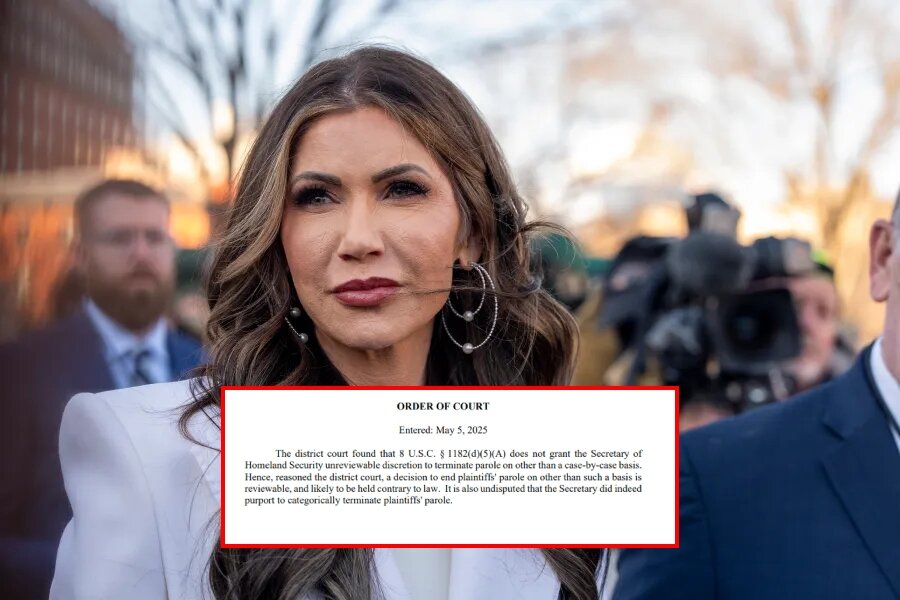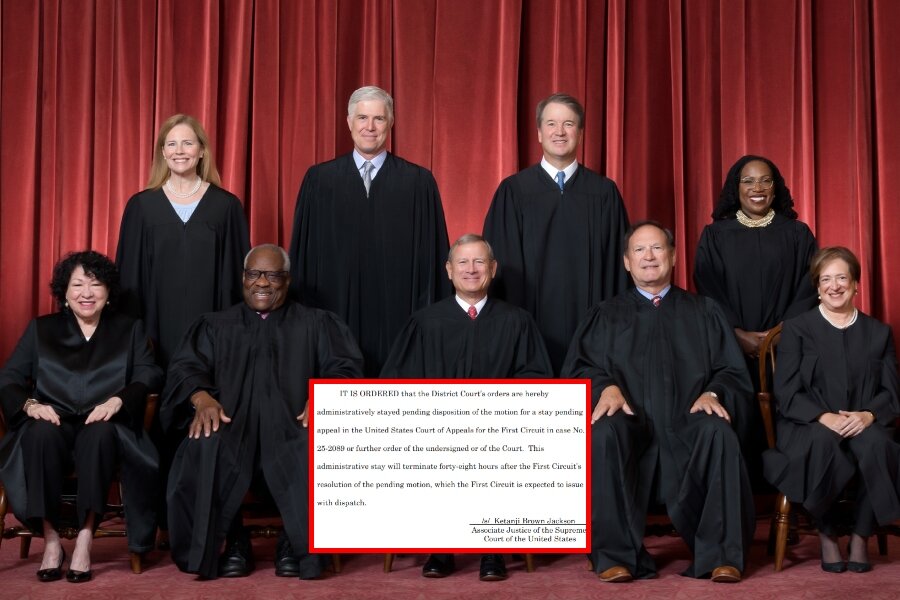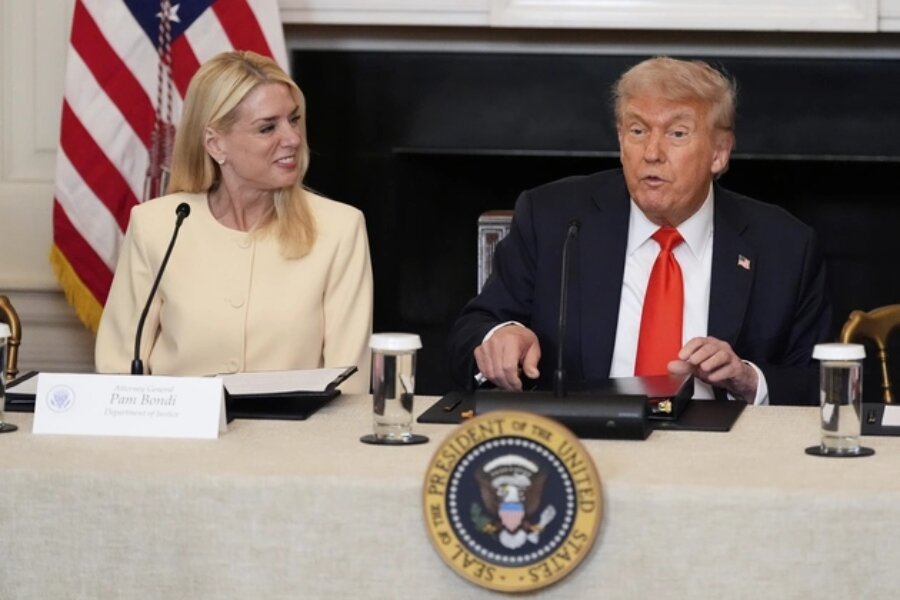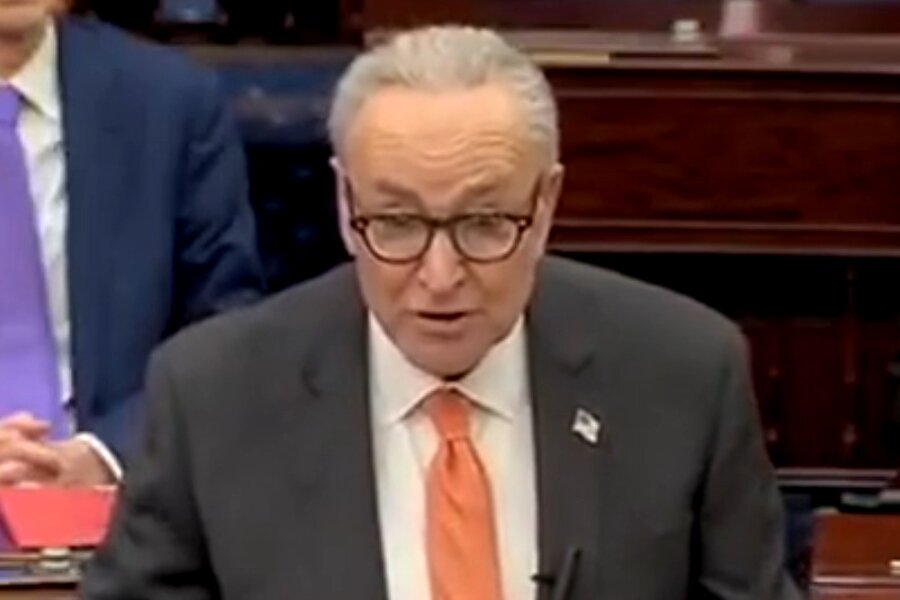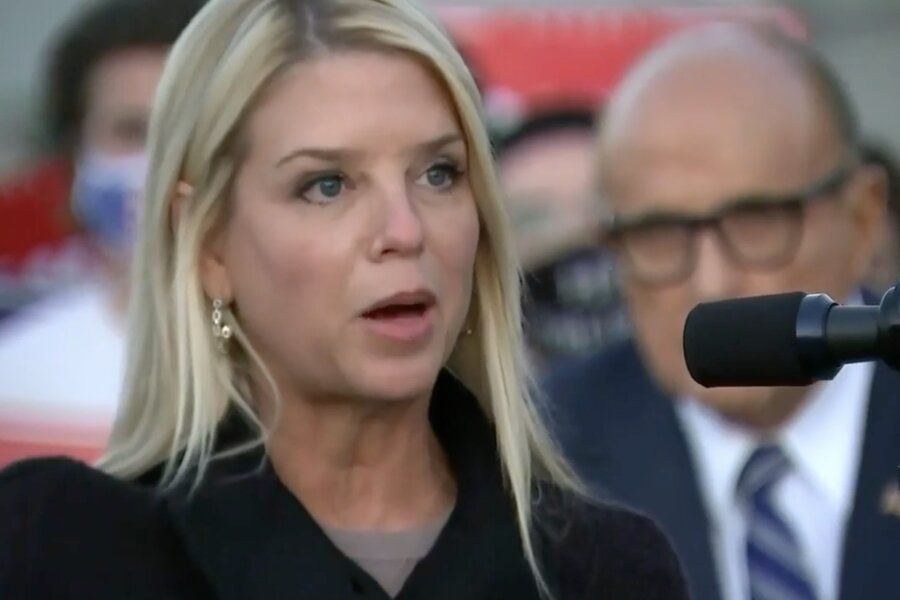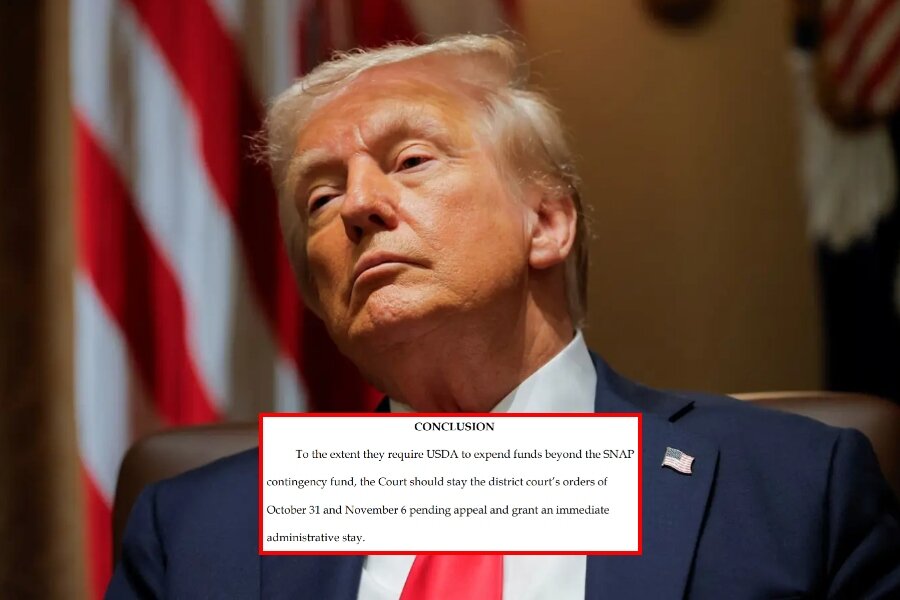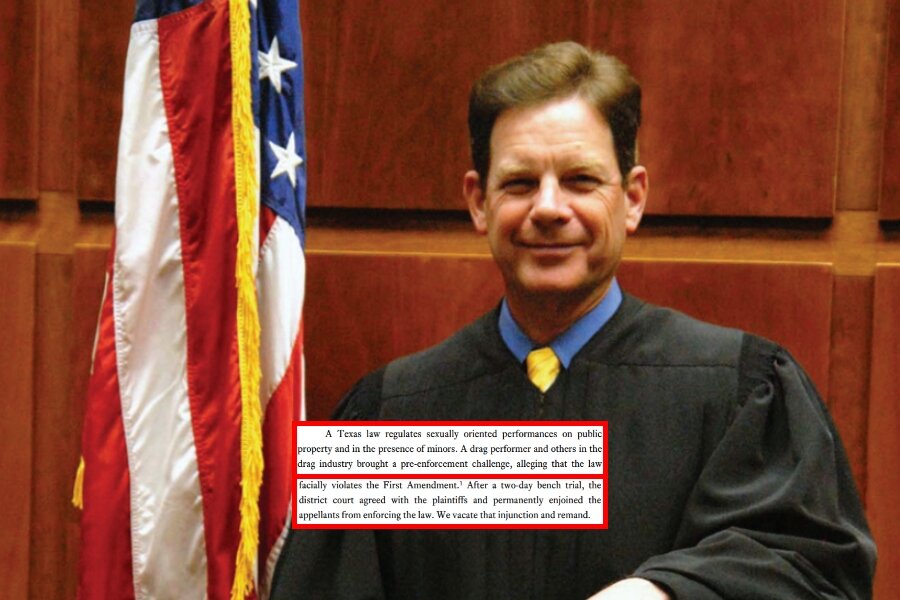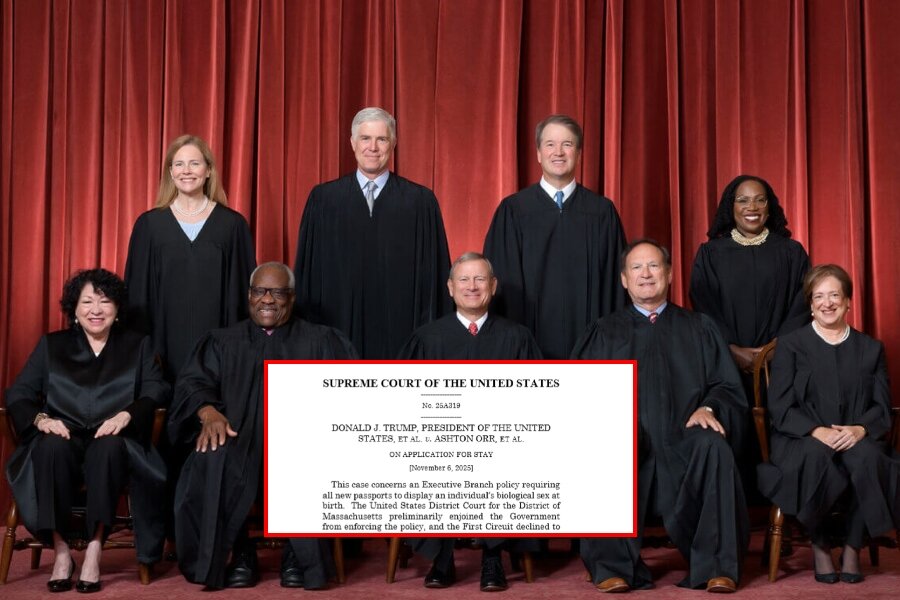A federal appeals court on May 5 rejected the Department of Homeland Security’s bid to stay a lower court ruling that blocked the termination of temporary legal status for hundreds of thousands of Venezuelans, Nicaraguans, Haitians, and Cubans residing in the United States.
In a ruling, a three-judge panel on the First U.S. Circuit Court of Appeals stated that Homeland Security Secretary Kristi Noem had not made “a strong showing” that her categorical termination of the immigrants’ temporary parole would likely be sustained on appeal.
The panel also stated that Noem has not demonstrated that the balance of harms and the public interest “weigh so heavily” to warrant a stay of the lower court order.
The decision follows U.S. District Judge Indira Talwani’s earlier ruling that blocked the Department of Homeland Security (DHS) from ending a Biden-era two-year parole program for immigrants from the four countries.
The Trump administration has argued that Noem had the discretion to categorically end the immigrants’ status and that the judge’s order was forcing the government to “retain hundreds of thousands of aliens in the country against its will.”
Justice Action Center, the nonprofit immigrant rights group representing humanitarian parole beneficiaries in the case, stated that it was “relieved” by the appeals court’s decision.
“Now the Trump administration needs to uphold its end of the bargain,” Karen Tumlin, founder and director of Justice Action Center, said in a statement.
DHS spokesperson Tricia McLaughlin said the administration remains committed to “restoring the rule of law to our immigration system” despite the legal challenges.
Former President Joe Biden launched the CHNV parole program for Venezuelans in October 2022 to reduce illegal border crossings by flying eligible immigrants directly to the United States. It was expanded in January 2023 to include immigrants from Cuba, Haiti, and Nicaragua.
The program allows up to 30,000 immigrants from the four countries into the United States each month, provided they meet certain conditions, including having a sponsor in the United States who will provide them with financial support.
In March, the DHS said it would terminate the parole program and revoke the immigrants’ parole status on April 24, or within 30 days of its notice published in the Federal Register.
According to the DHS notice, about 532,000 immigrants have been allowed entry into the country under the parole program between Oct. 12, 2022, and Jan. 22, 2025. Still, it remains unclear how many still hold valid parole status.
Share your thoughts by scrolling down to leave a comment.

